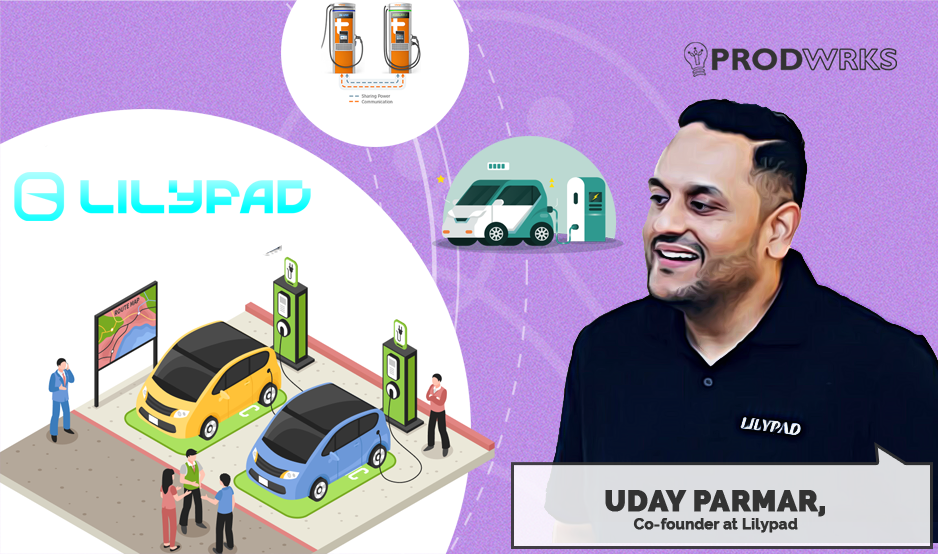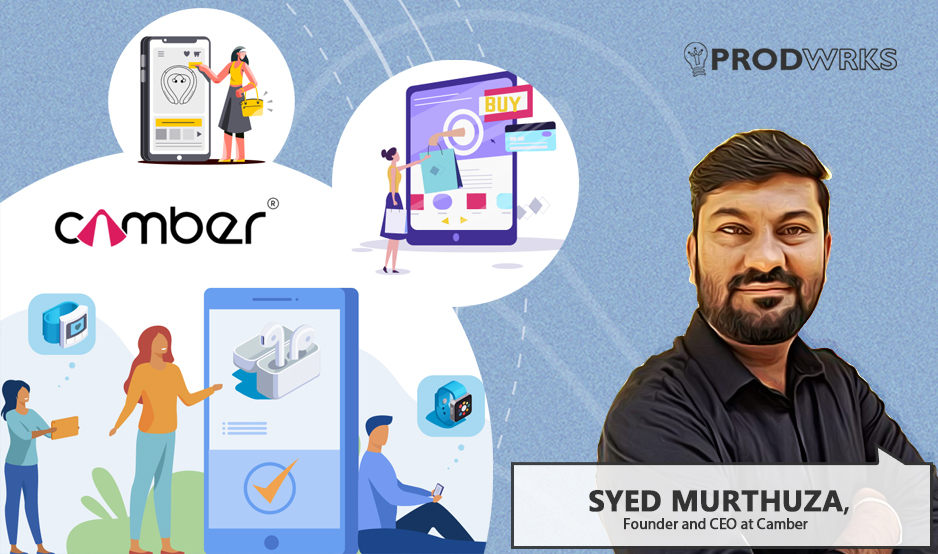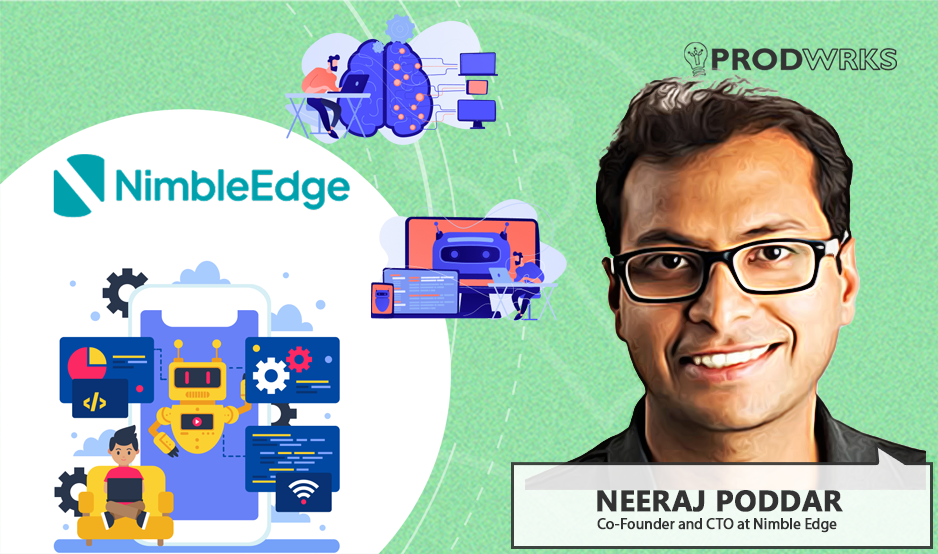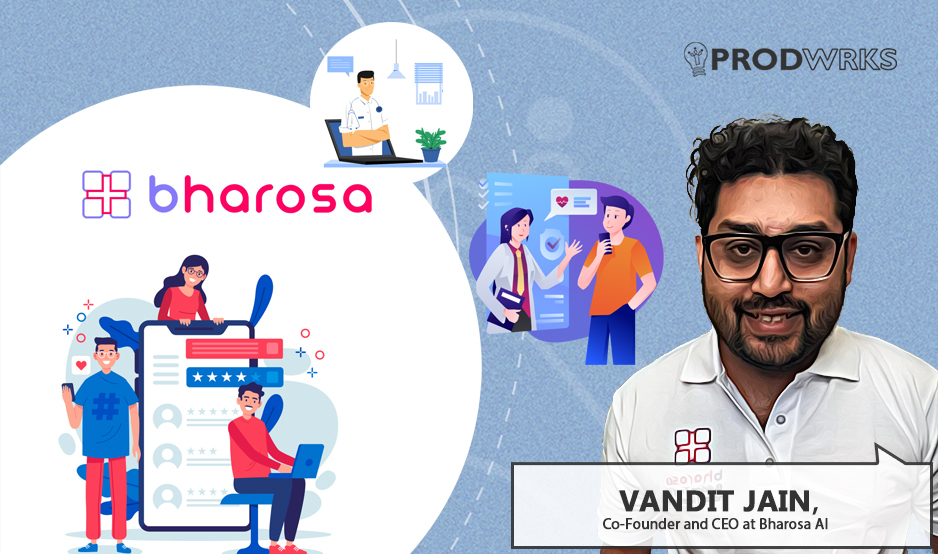
India, home to 22 of the world’s 30 most polluted cities, faces an urgent environmental crisis. With tailpipe emissions from internal combustion engines accounting for a staggering 40% of urban air pollution, the shift to electric vehicles (EVs) has become a critical necessity. The government, acutely aware of the environmental and geopolitical implications, is heavily incentivizing EV adoption, investing tens of thousands of crores to propel this transition.
Beyond environmental concerns, the economic advantages of EVs are compelling. A two-wheeler EV costs significantly less to run at a mere 15 to 30 paise per kilometer, compared to Rs 2-3 per kilometer for a petrol-powered two-wheeler. This tenfold reduction in running costs presents a massive opportunity for both individual consumers and businesses looking to optimize their operational expenses.
This confluence of environmental urgency and economic opportunity forms the bedrock of Lilypad, a Noida-based full-stack distribution platform for two-wheeler electric vehicles. Founded in 2023 by Uday Parmar, a seasoned professional with over two decades of experience in consulting and technology, and Aaryan Sharma, a young trader and investor, Lilypad is poised to revolutionize how Indians discover, try, and purchase electric two-wheelers.
In its B2B fleet currently, Lilypad runs around 100 scooters on the road and plans to scale its fleet to 500 by the end of the financial year, with an ambitious target of 3,000 vehicles by 2026. In a conversation with Team ProdWrks, Uday shares his journey building Lilypad.
Building the Omnichannel EV Marketplace
The electric vehicle market has surged with new models, improved batteries, and enhanced performance, hitting the roads every few months. But while manufacturers have pushed innovation, the way people discover these products has barely changed.
For most categories, shoppers can browse online, compare brand-agnostic options, and get doorstep delivery. With electric scooters, that convenience is missing. Showrooms are fewer, choices are limited, and buyers are usually locked into single-brand offerings. A customer survey of 500 prospective buyers revealed that while 85% of people begin their EV search online, only half are willing to finish the purchase digitally.
Uday says, “I buy my groceries online from the convenience of my house. But with autos, it’s the same as what my father and grandfather did. I go from one showroom to another, collecting quotations.”
Uday says, “The first angle is digital discovery. Once you’ve found a product online, you need to speak to someone. With us, you can connect through WhatsApp, a call, a home demo, or a dealer visit.”
In Lillypad’s marketplace, discovery happens online. But the platform also provides options for home demos, dealer visits, and doorstep delivery. The result is an omnichannel flow that mirrors how buyers actually want to shop.
“Anytime you make the life of a customer easier, you know you can unlock value. Today, the EV dealer distributor takes anywhere from a 6-10% margin from the original equipment manufacturer. We believe that if you do this all online, a lot of that 6-10% can come to you. And if you look at the millions of vehicles sold in India, that really becomes a very, very big market.”
The company bets that EV adoption will be accelerated not just by better vehicles but by easier ways to access, trial, and finance them. In a market expected to shift rapidly from petrol to electric over the next decade, Lilypad is positioning itself to capture value in the overlooked layer of distribution.
Second, on the B2B side, Lilypad rents bikes to companies and riders, charging between ₹100 and ₹180 per day depending on the vehicle.
Easing B2B adoption of fleet vehicles for delivery operations
On the B2B front, Lilypad operates as an EV rental company, addressing the growing demand from quick commerce, e-commerce, and food delivery platforms. These companies, striving for efficiency and sustainability in a cut-throat market, are increasingly turning to EVs for last-mile delivery. Lilypad offers a fleet of high-quality electric scooters, rigorously vetted riders, and robust protection plans.
Lilypad rents its scooters to riders and companies at daily rates ranging from ₹100 to ₹180. The company takes ownership of the bikes while 3PLs and delivery platforms focus purely on managing riders and fulfilling orders. This shift removes a major operational burden and lowers the barrier to EV adoption in last-mile delivery instead of making logistics providers bear the cost of buying and maintaining EV fleets.
“In a very cut-throat market with very slim margins, even these companies want to move towards sustainable or cheaper options. So we kind of help with that.”
“If a bike is rented at ₹700 a week, the amount is auto-debited every Monday at 9 AM through a UPI mandate. In the EV rental space, manual collection issues are usually very high, but for us, they are very low because we’ve built this automated system.”
This makes weekly payments more predictable and reduces the friction of collections, an area where many operators struggle. The company is also developing its own fleet operations management software, which it plans to offer to other fleet operators, further cementing its position in the B2B ecosystem.
Lilypad currently sells about 810 vehicles a month on the B2C side. They conduct one to two home demos per day. On the B2B side, the company operates a fleet of roughly 100 vehicles, which it plans to expand by about 50 every month. They have set an ambitious goal of scaling this to 3,000 vehicles by 2026.
“Our entire architecture is built on microservices. That way, if we make changes to something like the post service or another feature, it doesn’t affect the rest of the stack. This separation is crucial for maintaining scalability and keeping the entire codebase easy to manage.”
Dealer-Led Growth and Monetisation Strategy
“For larger companies, I understand there will be constraints, and they may not be eager to work with us right away. So we are engaging at the dealer level, getting a couple of influential dealers on board, and then using them to bring more dealers on board. Over time, this creates leverage to convince the corporation to list us.”
Hyperlocal Marketing and Targeted Reach
“If my showroom is in Sarojini Nagar and I offer free home demos within a 10 km radius, then my ads should only reach customers in that area. There’s no point in showing the ad to someone 25 km away when I don’t deliver there. That’s why we’ve built tech to enable hyperlocal, hyper-targeted advertising, and we already have a team working on it.”
Betting on the Next Wave of Discovery
“Imagine instead of scrolling through dozens of scooters, you just tell the system: I live in Chennai, I earn this much, I want this in EMI, and I need a battery-as-a-service plan. The platform instantly narrows it down to two or three options that fit you best. That’s the future we’re betting on,” he explains.
Preparing for that shift, Lilypad runs “skunkworks” experiments, carving out time to test voice-based plugins and AI-powered search flows, even without immediate monetization in sight.
Having recently raised a pre-seed funding of one crore and planning a 2-3 million seed round by year-end, Lilypad is strategically positioned to accelerate India’s sustainable energy future. By making EV adoption convenient and accessible for both consumers and businesses, Lilypad is driving a profound shift towards a cleaner, greener, and more efficient mobility ecosystem.




